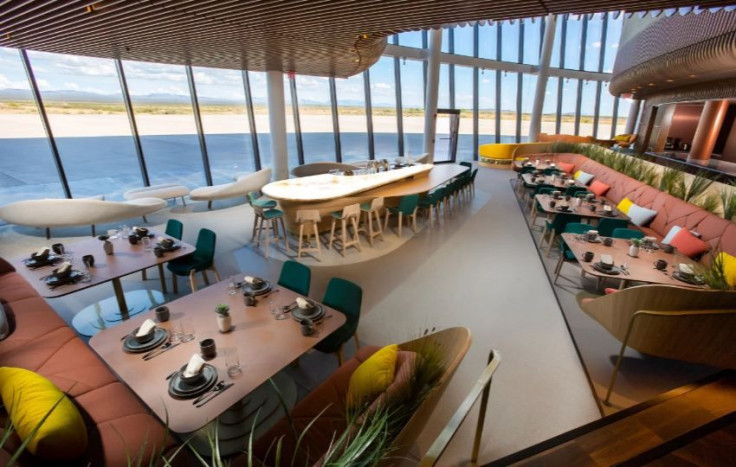Move Over Airports: Spaceports Are The Next Big Thing

It wasn't that long ago when developing airports was the focus of people in urban areas. But now, commercial spaceports are increasingly popular and they are portraying themselves as locations with the potential of excellent economic development even if they can't support lunch activities. It appears to be all in the name and place.
A report by Space News talks about an idea that was brought up at a meeting of the Global Spaceport Alliance on Nov. 19. Interestingly, the location in Houston called Ellington Airport, also known as the Houston Spaceport, became the central topic of the said meeting. Its facilities cannot support launch or recovery activities at present.
However, they were granted a launch site operator's permit by the federal government in 2015. Airport management decided to keep the license but not pursue updating the facility because there were too few “players.”
On the surface, that may not seem to make a whole lot of sense but what developers are doing is capitalizing on the aerospace industry and giving them, an attractive option to focus their efforts by making space available to such businesses. This move is essentially turning the area into an aerospace focused business park that has a permit to launch should anybody ever build the facilities there. In the case of Houston Spaceport, having a runway makes it a prime spot for companies that focus on aviation.
From a broader economic standpoint, the business model will not be as successful in rural locations. Urban settings work better because the infrastructure needed to support new businesses of this nature is already in place. Notably, there are lodging facilities and places to go and eat. So by name, it is technically a Spaceport but the reality is, it's a business venture attempting to focus on preparing locations to be the future of the space industry.
This is not a new development as there are spaceports throughout the country, primarily in Florida, California, Colorado, and other areas of the United States where previous space programs have been in existence. The Cape Canaveral launch complex, for example, is still in use today by various civilian companies, primarily those such as blue origin and Virgin Galactic that are attempting to get to the moon by the middle of the next decade.
© Copyright IBTimes 2025. All rights reserved.






















